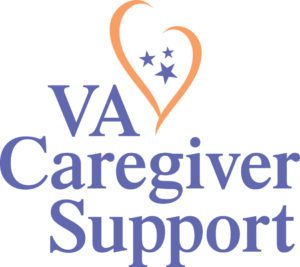You can't pour from an empty cup. Find positive ways to fill yours in order to keep helping others.
Tell us about you! Think back to before you became a caregiver – what did your day-to-day life look like? For spouses, partners, friends – how did you meet your care recipient?
My husband, Ray, and I met during my first year in college. He was an Army brat. I had an Army ROTC scholarship offer, and I encouraged him to go with me to the ROTC office. He became contracted, and I realized I would never make a good Soldier and withdrew. However, I made a pretty good Army wife and enjoyed life on active duty, raising our three children.
How did your life change when you became a caregiver? Were there aspects of your life (such as school or career or plans for retirement) that you had to alter?
I did not consider myself a caregiver until my husband became hospitalized with severe post-traumatic stress. What I was doing for him up until then – finding the right interventions, accompanying him to appointments, reminding him to take his meds – I thought were my responsibilities as a spouse. It was only after that life-defining moment that I embraced caregiving as an aspect of my identity. Ultimately, with my husband’s full support, I pursued grad school to become a social worker, to serve and advocate for him and other veterans. I recently received my Master’s in Social Work.
What are your biggest challenges as a caregiver?
I worry about almost everything – his health, whether he’s taken his meds, when he drives, if he’ll get into an argument with the clerk at the store. There is so much potential for things to go wrong. Sometimes I feel sad for what was. I’m also hopeful for what could be. I feel proud of the progress my husband and our family have made in his recovery. Still, I worry about our children, who are now in the late teens and twenties. They knew their father before the changes and each has had to learn how to manage and cope with his injuries. It’s hard sometimes.
What advice would you give to other military and veteran caregivers?
In the Filipino community, mental health is not widely recognized. There’s a stigma around it. I’d like to encourage other Asian American caregivers to take advantage of the resources available so they can improve their and their recipient’s quality of life. I want to encourage them to embrace mental health as part of overall health, and through awareness and advocacy I hope to help normalize it within the Asian American, and Filipino communities. That is the driving force behind my goals as a Fellow.










